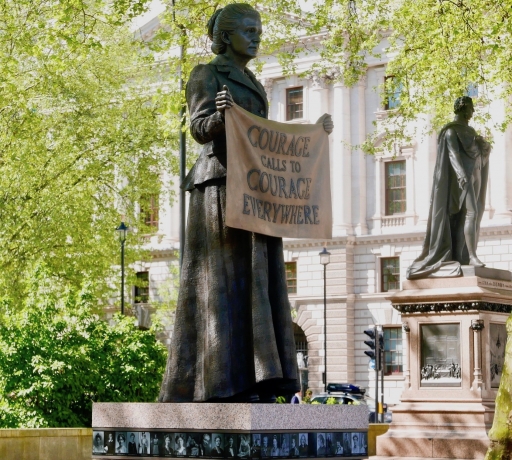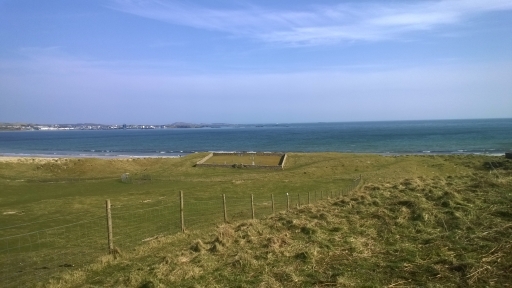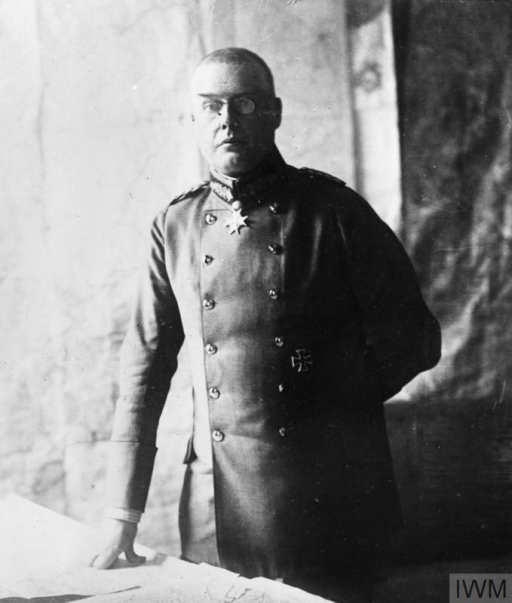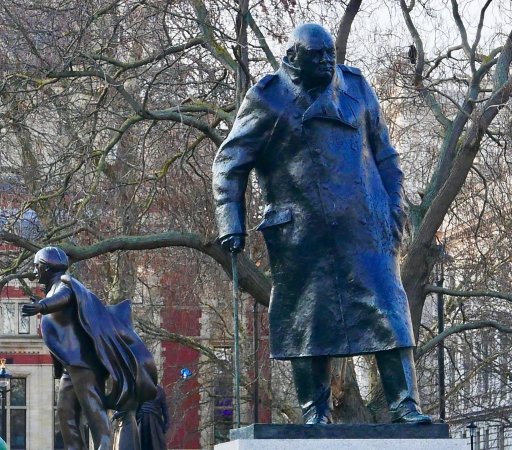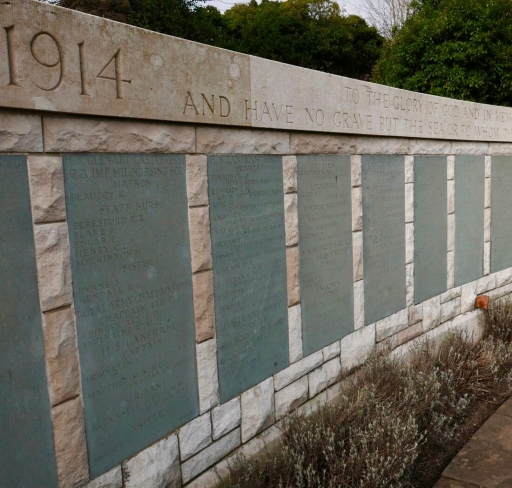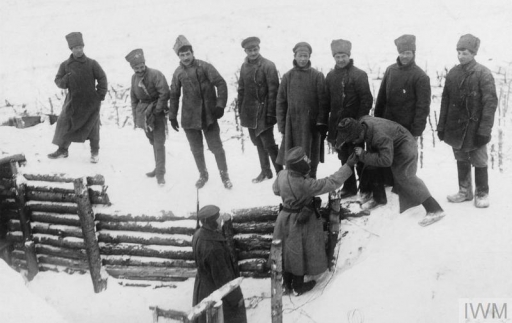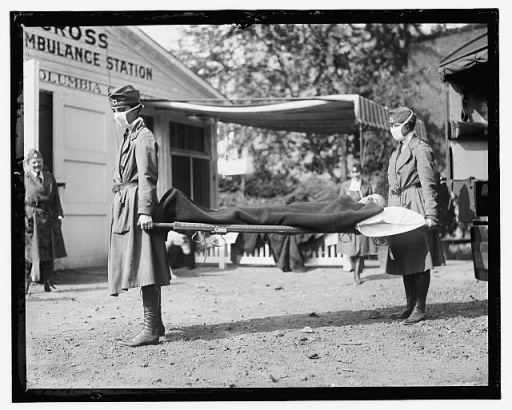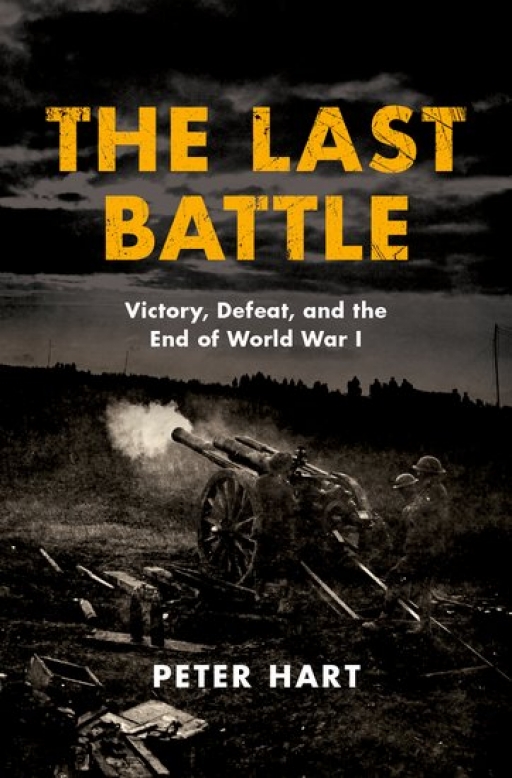Campaigners for women’s suffrage in Britain achieved a victory during the First World War, with some women winning the right to vote in 1918.
Continue readingTag: Education
100 Years Ago: Troopship Tuscania sunk carrying US soldiers
The liner Tuscania was torpedoed on 5 February 1918 near the end of a voyage bringing 2,000 US troops to Europe – as Patrick Gregory explains.
Continue reading100 Years Ago: Troopship Tuscania sunk carrying US soldiers
The liner Tuscania was torpedoed on 5 February 1918 near the end of a voyage bringing 2,000 US troops to Europe – as Patrick Gregory explains.
Continue reading100 Years Ago: War resumes on the Eastern Front
The Central Powers drove towards Russia on 18 February 1918, following the breakdown of peace talks with the new revolutionary government.
Continue readingCall to share WW1 stories with ‘unaware’ Millennials
UK armed forces charity SSAFA is urging families to pass on their First World War stories, after research suggesting many young people don’t know facts about the conflict.
Continue reading100 years ago: Hospital ship Glenart Castle sunk
More than 160 lives were lost when the hospital ship Glenart Castle was torpedoed by a German U-boat in the early hours of 26 February 1918.
Continue reading100 Years Ago: Treaty of Brest-Litovsk
Russia’s First World War involvement formally ended on 3 March 1918 with acceptance of tough peace terms at German headquarters on the Eastern Front.
Continue reading100 Years Ago: Flu emerges as new enemy
As an unusually deadly outbreak of influenza confronted the Great War armies, US WWI historian James Taub considers its impact on American forces.
Continue reading100 Years Ago: Flu emerges as new enemy
As an unusually deadly outbreak of influenza confronted the Great War armies, US WWI historian James Taub considers its impact on American forces.
Continue readingBook Review – The Last Battle: Victory, Defeat, and the End of World War I
Centenary News review’A timely and compelling account of the Hundred Days Offensive which defeated Germany in 1918, told through the words of the troops and their commanders, interwoven with Peter Hart’s forthright analysis.’
Continue reading